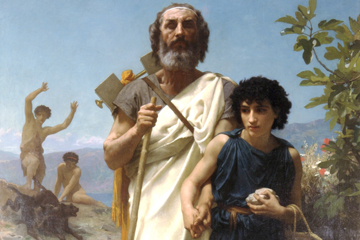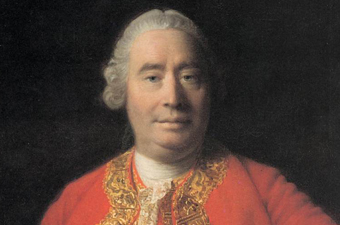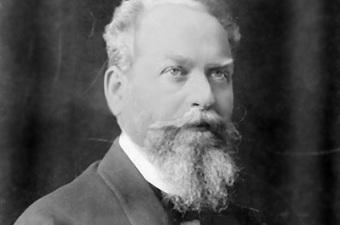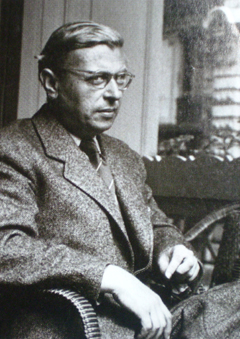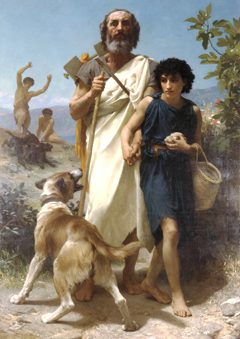
Homer
Within its cryptic mysteries and abstruse ponderings lies that same rapacious spirit for travel as exists in any seasoned explorer.
Whether you’re looking inward or hiking outward, the goal is always psychological: to open your mind and to challenge old ways of thinking.
What follows is a list of 5 great thinkers who have fostered in me a ferocious curiosity about the world, an exhilaration for new experiences and the wherewithal to continually stretch personal boundaries; the traveler’s spirit!
